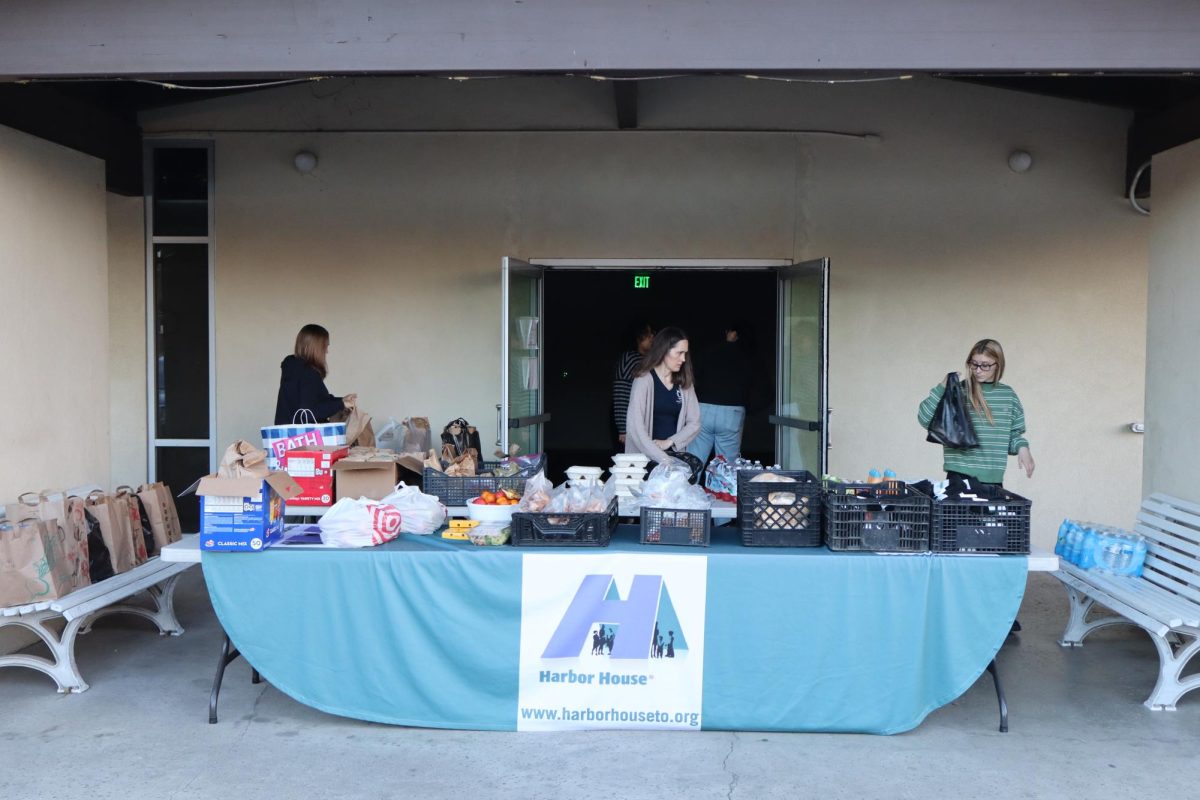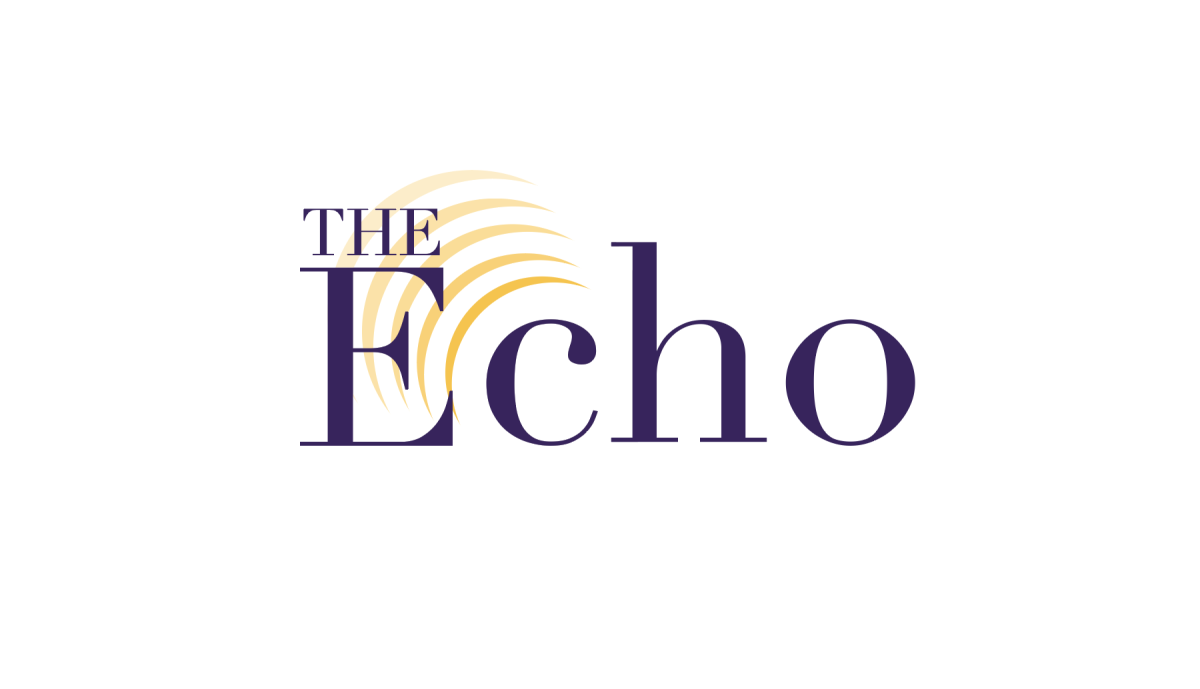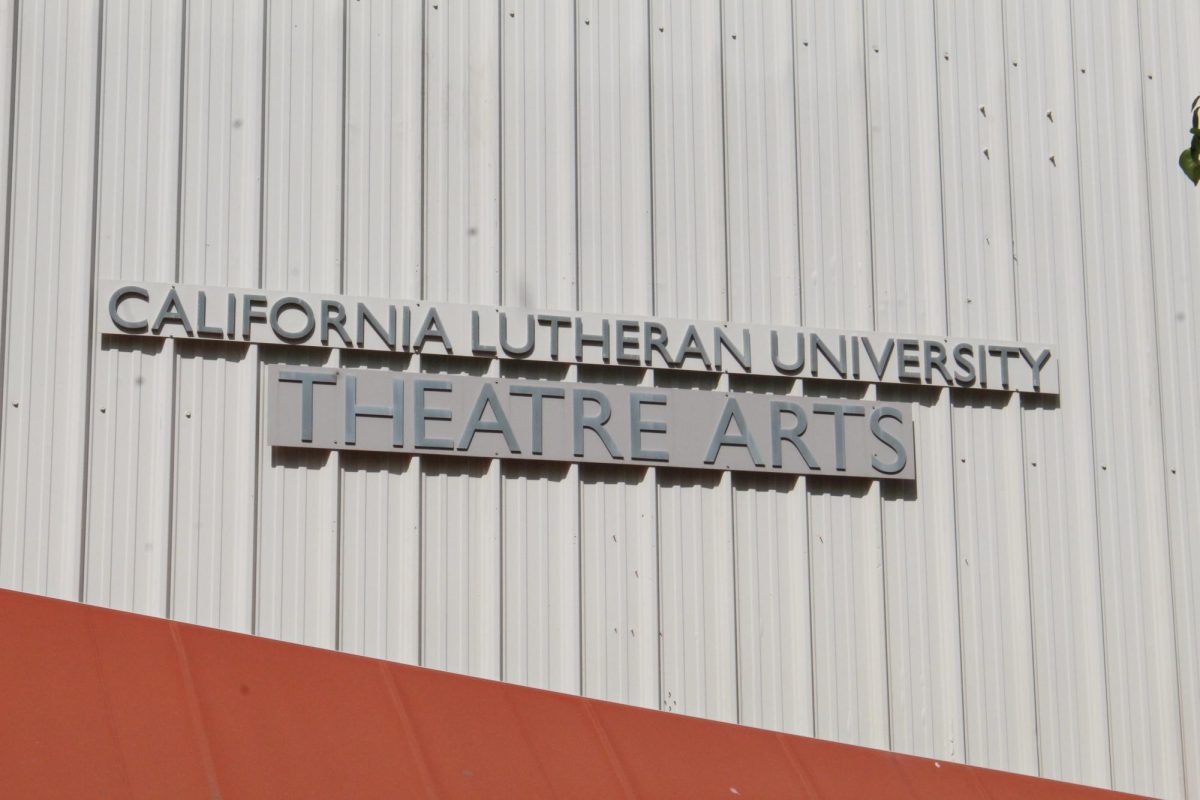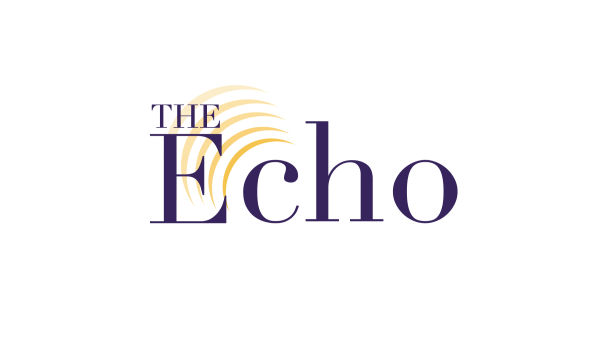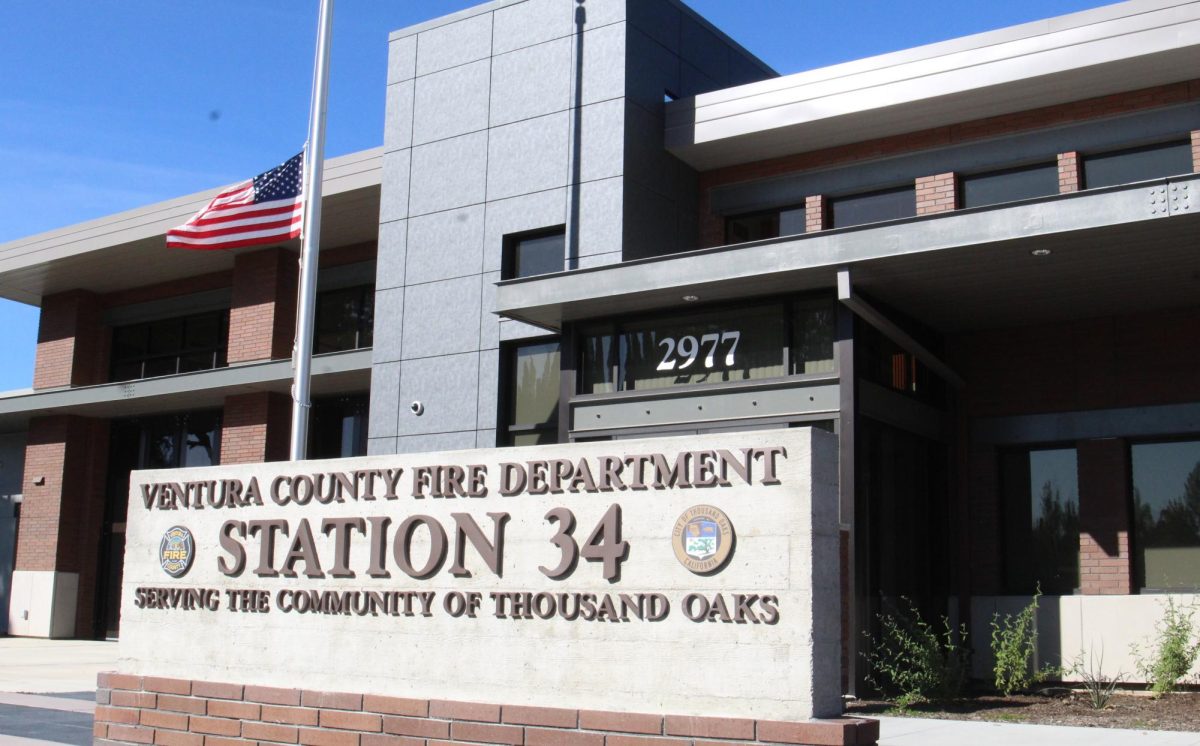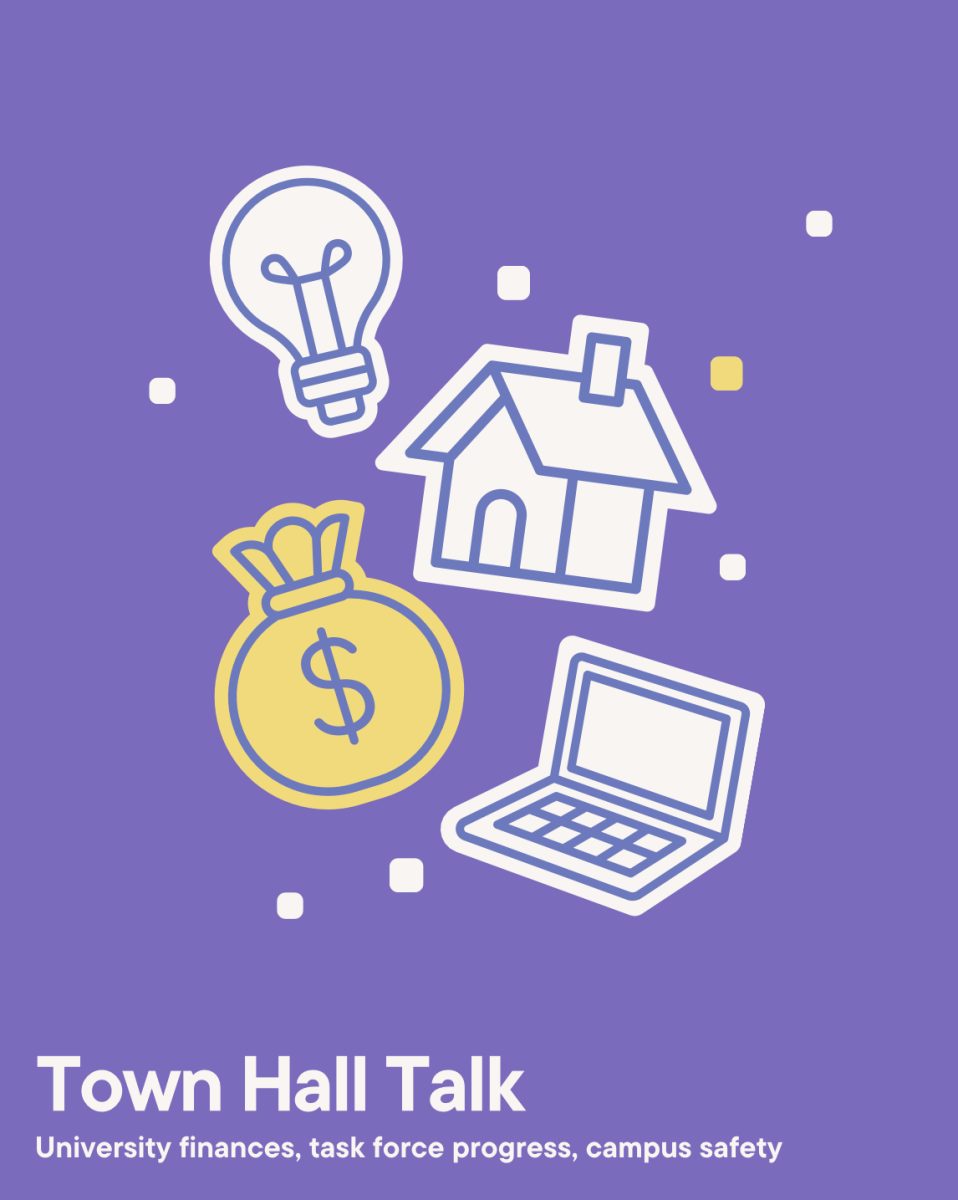The number of unhoused people in recent years has risen at a national level, and in Thousand Oaks, many have struggled to pay rent due to housing shortages and high costs.
Senior Deputy Danny Lopez said in an email interview that the number of unhoused in Thousand Oaks is difficult to measure as these individuals move within the county.
“Within the police department, we conduct our dependent count utilizing an internal system that is updated weekly, and a physical count that we conduct over two days to document individuals who identify themself as homeless to us,” Lopez said. “In 2022, we had a count of 386 people within the City of Thousand Oaks that we identified as being homeless.”
The most common responses Lopez said he received as to why an individual is unhoused is due to high costs of rent, mortgages, mental health conditions, substance abuse issues and a lack of affordable housing.
“My little brother’s homeless,” Thousand Oaks City Council member Mikey Taylor said. “He’s been homeless for about 11 years. He struggles with a mental illness and a component of addiction. The feeling that family members have is that it’s hopeless to try to get help in this situation.”
Taylor said from his experience, there is very little that can be done after an individual has turned 18, as mental illness does not show itself until the brain stops developing.
“A lot of times, there’s actually crossover on mental illness and addiction, which makes it tough.” Taylor said.
City Council member David Newman said the number of unhoused tends to fluctuate.
“There’s a perception that there are hoards of people coming in,” Newman said. “That the unhoused is much more visible now and much worse. But the experts [are] telling us that’s not the case.”
Newman said politics is an element that demonizes the unhoused as “others.” According to Newman, the unhoused issue has been politicized, since mental illness or drug addiction are often mentioned in political debates.
“We also have some unusual things about our homeless here,” Newman said. “I’m not sure if you realize, but something like 70 plus percent of TO’s homeless population is local. This isn’t like LA, where unhoused people are being dumped from other places. These are people who have missed a mortgage payment or lost their job or had a domestic violence situation.”
City Council member Bob Engler has lived in Thousand Oaks since the 1990s, and said he has slowly seen an increase in the unhoused population.
“We have had a slow increase in our numbers of people experiencing homelessness,” Engler said. “It has slowly risen over the years. I wouldn’t go by a number that is in the area because it depends on how you define homelessness and how you define whether you are in danger of becoming homeless.”
According to Engler, there are approximately 129 individuals in Thousand Oaks who are experiencing homelessness. These individuals vary, as some live short-term in motels, their cars or in nontraditional places, like a garage.
“We have an affordability issue in California, in Thousand Oaks. It’s very expensive to live here. So, some folks can’t. On top of that, I think our apartments are at a vacancy rate of three and a half percent when the normal vacancy rate is over five,” Engler said.
At a policy level, the City Council is attempting to influence developers to create more housing.
According to Engler, a new law is currently in action that 10% of all new housing must be affordable for low-income residents.
The city does an annual statistical survey, and from around 2016 to 2018, Engler said individuals were noticing more homeless people, which became a considerable concern for the Thousand Oaks population.
“Since 2018, it’s been one of our goals to address it,” Engler said. “The way we are addressing it is by the state that came in with quite a bit of money here in the last few years to help address it.”
According to the California Department of Social Services’ website, Project Homekey was established in March 2020 in response to the pandemic to “provide non-congregate shelter options, such as hotels and motels, for people experiencing homelessness, to protect human life, and to minimize strain on health care system capacity.”
The Motel 6 in Newbury Park currently accommodates several hundred unhoused people.
Engler said Project Homekey helped take people off the street and put them into motels during the COVID-19 pandemic.
“Project Homekey allowed us to get funding from the state to convert the Quality Inn near the Janss Mall. We are converting that into 78 units of permanent supportive housing, which is why we’re converting the motel into a residence,” Engler said.
According to the California Department of Housing and Community Development’s website, Homekey is a “statewide effort to sustain and rapidly expand housing for persons experiencing homelessness or at risk of homelessness.”
Engler said the apartment building intends to help individuals get back on track, and will eventually pay rent. However, those who have problems with drug addiction, mental health or are economically challenged will receive help to move into permanent housing.
The Encampment Resolution Funding Program announced at the beginning of 2022 that they provided $47 million nationwide for the cities that applied for aid. According to Engler, the City of Thousand Oaks was awarded approximately $5.8 million from the Encampment Resolution Funding Program.
“A navigation center in the first phase will have 30 tiny homes for folks who are truly homeless, who have nowhere else to go. The goal is to have them out of the navigation center and into permanent housing within a year,” Engler said.
The main goal of the navigation center is to get those who are considered unhoused to reset their lives, Engler said.
“The approach that the state is taking is that people are homeless because they don’t have housing. So if we give them housing, they’re no longer homeless. You’re seeing a lot of the housing first model we’re seeing throughout the state; San Francisco, San Diego, Los Angeles and even here [Thousand Oaks],” Taylor said.
There has been no long term solution to the unhoused issue, and it can be challenging to find viable solutions, Taylor said.
Taylor said several organizations in Thousand Oaks are doing as much as possible to give additional resources to help the unhoused.
Harbor House is a nonprofit organization that helps those who struggle financially in the Conejo Valley. Their services include case management, street outreach, gas and electricity assistance, referrals, job-related programs and rental assistance.
Founder and Director of Harbor House, Denise Cortes, is passionate about helping the unhoused in Thousand Oaks.
“There’s a lot of children in America today, around 430,000 of them, that have been raised in foster care and a lot of them age out of foster care straight into homelessness,” Cortes said.
Cortes said the system takes care of foster children, but once they reach a certain age, they have to survive independently.
“To add to that problem of kids having mental health issues in every community, we’ve got people with mental health issues that are not being treated. I think there’s a huge difference between mental health issues that are treated,” Cortes said.
One issue in the unhoused community, Senior Case Manager at Harbor House Allen Goldstein said, is the lack of resources for those struggling with mental health, especially when they do not believe they have a problem. Many of the unhoused self-medicate because of their mental health issues, and have a more difficult time solving their addiction.
“There are many drugs that are available to people on the streets that can keep them from being hungry, that can help them stay awake at night so that they’re not afraid to go to sleep and getting hit in the head by somebody, or even getting beat up. So I think sometimes the drug issue starts innocently,” Cortes said.
The services provided by Harbor House are reserved for people who are working, but the organization will help any individual find employment.
“The first thing we usually ask them when we do the intake is, ‘What happened to you?’ ‘Why are you in the situation you’re in?’ ‘What can we help you do?’” Goldstein said.
Cortes and Goldstein said they are concerned about older adults, particularly older women, ending up in cars as they believe it is not a place for people to grow old. Cortes and Goldstein said they are also concerned about families with children, since it is not a comfortable life for a child to be moving around from Motels to cars.
“Socks are the number one thing that homeless people request. Their socks get sweaty, wet, and dirty, so we always have plenty of socks. We do worry a little bit when the rainy season comes, you know, it’s supposed to rain this week, and it’s just damp out there, and people get sick,” Cortes said.
Holy Trinity Lutheran Church has a food pantry that serves those in need on a daily basis, and California Lutheran University alumnus Victoria Sanchez oversees all aspects of the food pantry. She said she encourages Cal Lutheran students seeking volunteer opportunities to consider Harbor House, and there are many opportunities for those interested.
“Every day, we try to have a hot meal, which consists of a main entree and one to two sides,” Sanchez said. “An example would be meatloaf and a side of vegetables, potatoes, or something like that. Clients will get two of those, and then they’ll also get two lunches. Lunch consists of peanut butter and jelly or a turkey sandwich.”
Sanchez said most of the food is donated, but two or three days out of the month, Harbor House has to purchase the dinner because they do not get enough donations.
“For the most part, all of our clients are the same…Month to month or even week to week, you’ll get a small handful of people that maybe you’ve never seen before, or people that used to be very consistent and then stopped showing up and came back,” Sanchez said.
Cortes said being unhoused is not a crime, and anyone can fall into this lifestyle. Individuals experiencing these situations are human, Cortes said, and should be treated with respect and kindness.
More information about what the City of Thousand Oaks is doing to address homelessness can be found at toaks.org.

